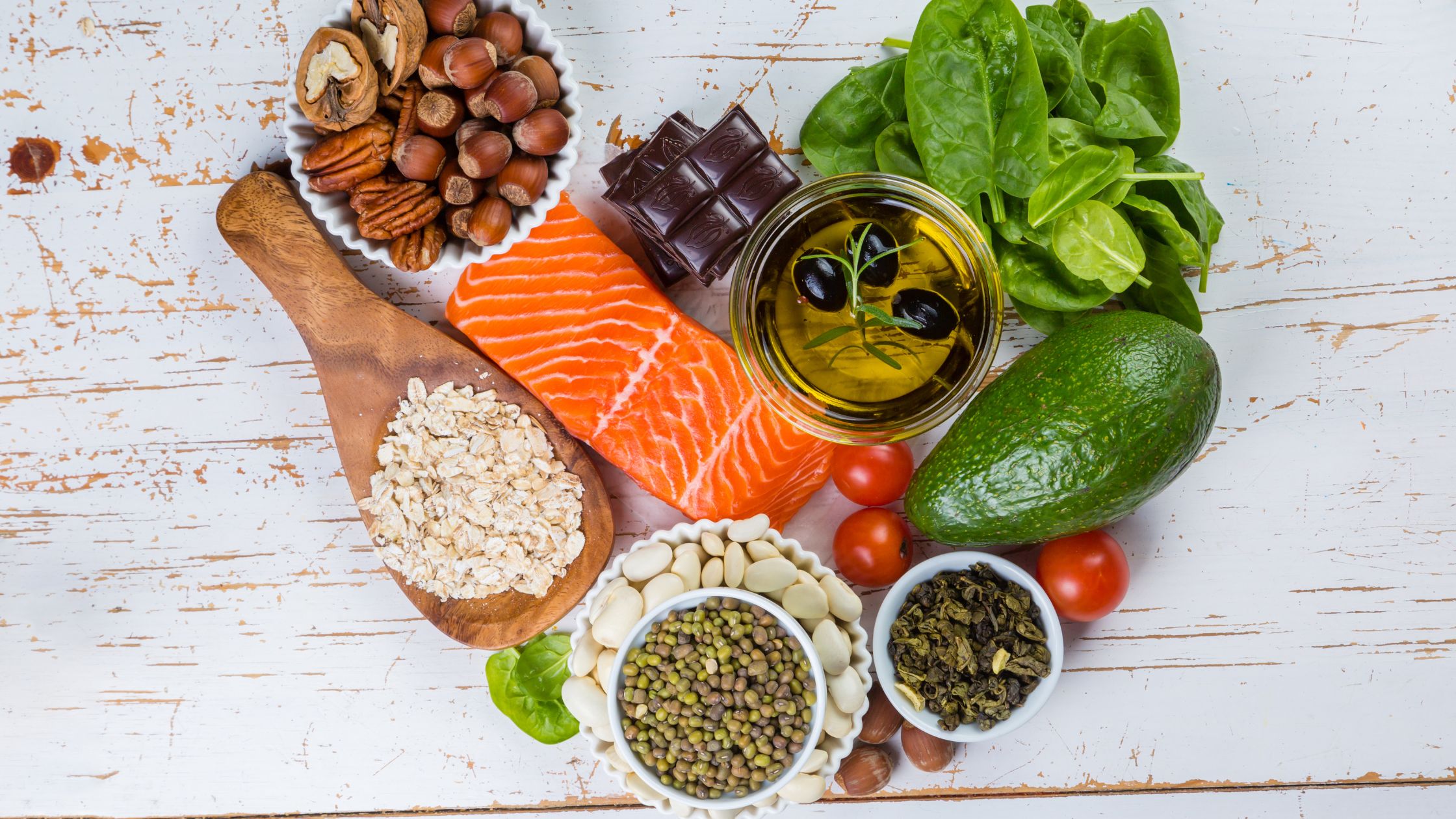
18 Mar Top Foods for Stronger Bones: A Nutrition Guide for Osteoporosis
As we age, maintaining strong and healthy bones becomes increasingly important. Osteoporosis, a condition characterized by weakened bones, is a significant concern for many individuals, particularly older adults. While genetics and lifestyle factors play a role in bone health, nutrition also plays a crucial role in maintaining strong bones and preventing osteoporosis. In this blog post, we’ll explore the top foods for stronger bones, providing a comprehensive nutrition guide for osteoporosis prevention and management.
Understanding Osteoporosis
Before delving into dietary recommendations, let’s briefly discuss osteoporosis and why it’s essential to prioritize bone health. Osteoporosis is a condition characterized by low bone density and deterioration of bone tissue, leading to an increased risk of fractures. It often progresses silently, with no symptoms until a fracture occurs, making prevention crucial.
Request An Appointment – Island Rheumatology and Osteoporosis, PC
The Role of Nutrition in Bone Health
Nutrition plays a pivotal role in maintaining optimal bone health throughout life. Calcium and vitamin D are two of the most critical nutrients for bone strength, but other nutrients, such as magnesium, phosphorus, vitamin K, and protein, also contribute to bone health. A well-rounded diet that includes a variety of nutrient-rich foods is essential for supporting bone health and reducing the risk of osteoporosis.
Top Foods for Stronger Bones:
Dairy Products:
- Dairy products such as milk, cheese, and yogurt are well-known sources of calcium, a mineral essential for bone health. Consuming adequate calcium helps to build and maintain strong bones. Opt for low-fat or fat-free dairy options to limit saturated fat intake.
Leafy Green Vegetables:
- Dark, leafy green vegetables like kale, spinach, collard greens, and Swiss chard are excellent sources of calcium, as well as other bone-boosting nutrients like vitamin K and magnesium. Incorporating these greens into your diet can help bolster bone strength.
- Conditions We Treat – Island Rheumatology and Osteoporosis, PC
Fatty Fish:
- Fatty fish such as salmon, mackerel, sardines, and tuna are rich in vitamin D and omega-3 fatty acids, both of which are beneficial for bone health. Vitamin D helps the body absorb calcium, while omega-3 fatty acids may help reduce inflammation and support overall bone health.
Fortified Foods:
- Many foods, including certain cereals, juices, and plant-based milk alternatives, are fortified with calcium and vitamin D. These fortified foods can be convenient sources of these essential nutrients, particularly for individuals who may have dietary restrictions or preferences.
Beans and Legumes:
- Beans and legumes such as chickpeas, lentils, black beans, and kidney beans are not only rich in calcium but also provide protein and other nutrients important for bone health. Incorporating these plant-based protein sources into your meals can contribute to overall bone strength.
Nuts and Seeds:
- Nuts and seeds like almonds, sesame seeds, and chia seeds are packed with calcium, magnesium, and other minerals that support bone health. They make for nutritious snacks or can be added to salads, yogurt, or smoothies for an extra nutritional boost.
Fortified Tofu:
- Tofu that’s been fortified with calcium can be an excellent addition to a bone-healthy diet, especially for those following a plant-based or vegan lifestyle. Look for tofu products that specify calcium fortification on the label.
Whole Grains:
- Whole grains like oats, quinoa, brown rice, and whole wheat provide essential nutrients like magnesium and phosphorus, which contribute to bone health. Incorporating whole grains into your meals can provide a variety of nutrients that support overall health, including bone strength.
Eggs:
- Eggs are a good source of vitamin D, as well as protein and other nutrients important for bone health. Including eggs in your diet, whether scrambled, boiled, or incorporated into dishes like omelets or frittatas, can contribute to your overall nutrient intake.
Bone Broth:
- Bone broth, made by simmering animal bones and connective tissue, is rich in nutrients like calcium, magnesium, and phosphorus, which are essential for bone health. Enjoying bone broth as a warm, comforting beverage or using it as a base for soups and stews can provide valuable nutrients that support bone strength.
Incorporating these bone-boosting foods into your diet can help support stronger bones and reduce the risk of osteoporosis. Additionally, maintaining a healthy lifestyle that includes regular exercise, avoiding smoking and excessive alcohol consumption, and getting adequate sleep are essential for overall bone health.
Contact Island Rheumatology & Osteoporosis, PC. Today!
Prioritizing bone health is essential for maintaining mobility, independence, and overall well-being as we age. By incorporating nutrient-rich foods like dairy products, leafy greens, fatty fish, beans, nuts, and whole grains into your diet, you can support stronger bones and reduce the risk of osteoporosis. Remember to strive for balance and variety in your diet, and consult with a healthcare professional or registered dietitian for personalized guidance on optimizing your nutrition for bone health. With the right dietary choices and lifestyle habits, you can take proactive steps to keep your bones strong and resilient for years to come.
